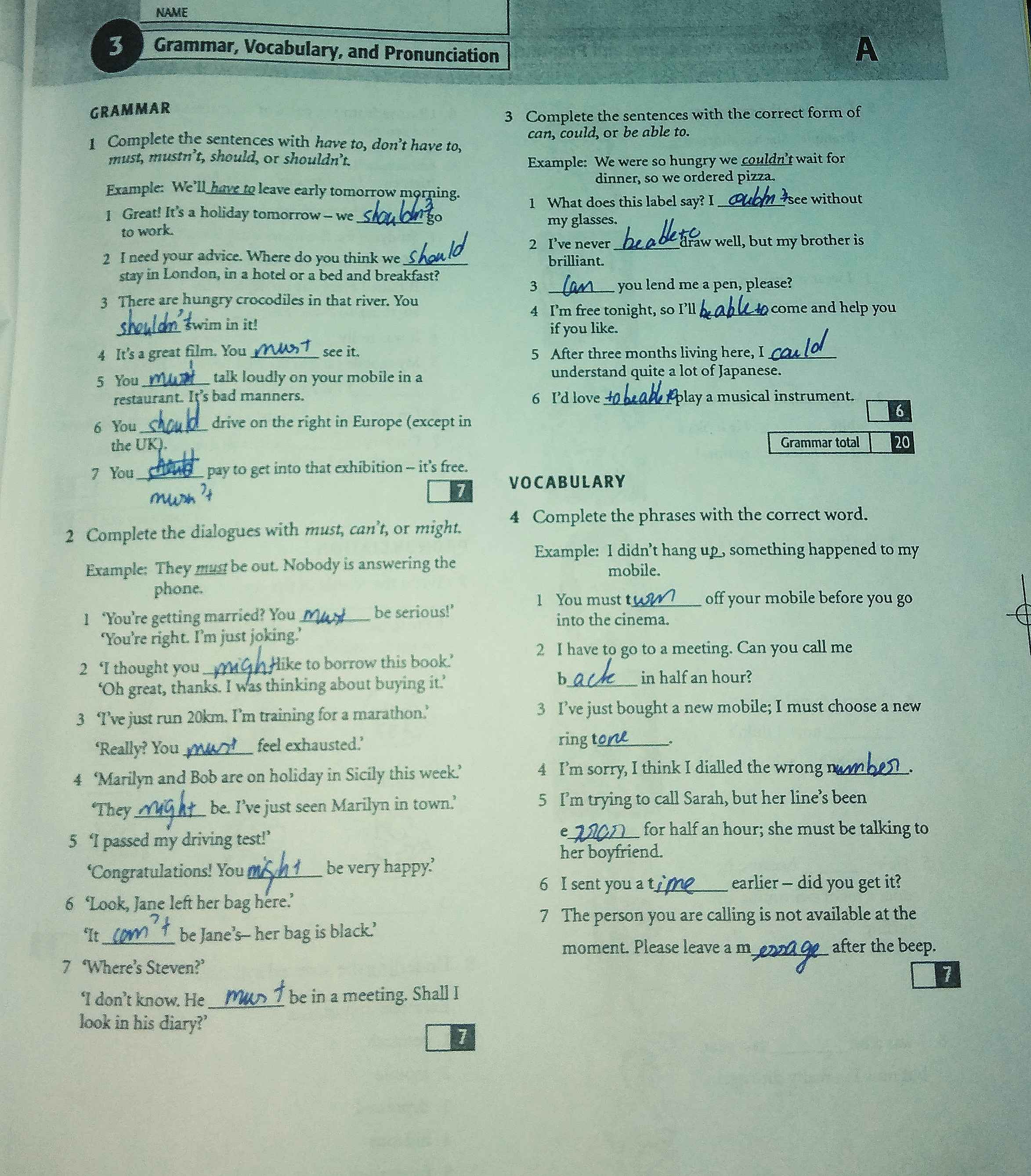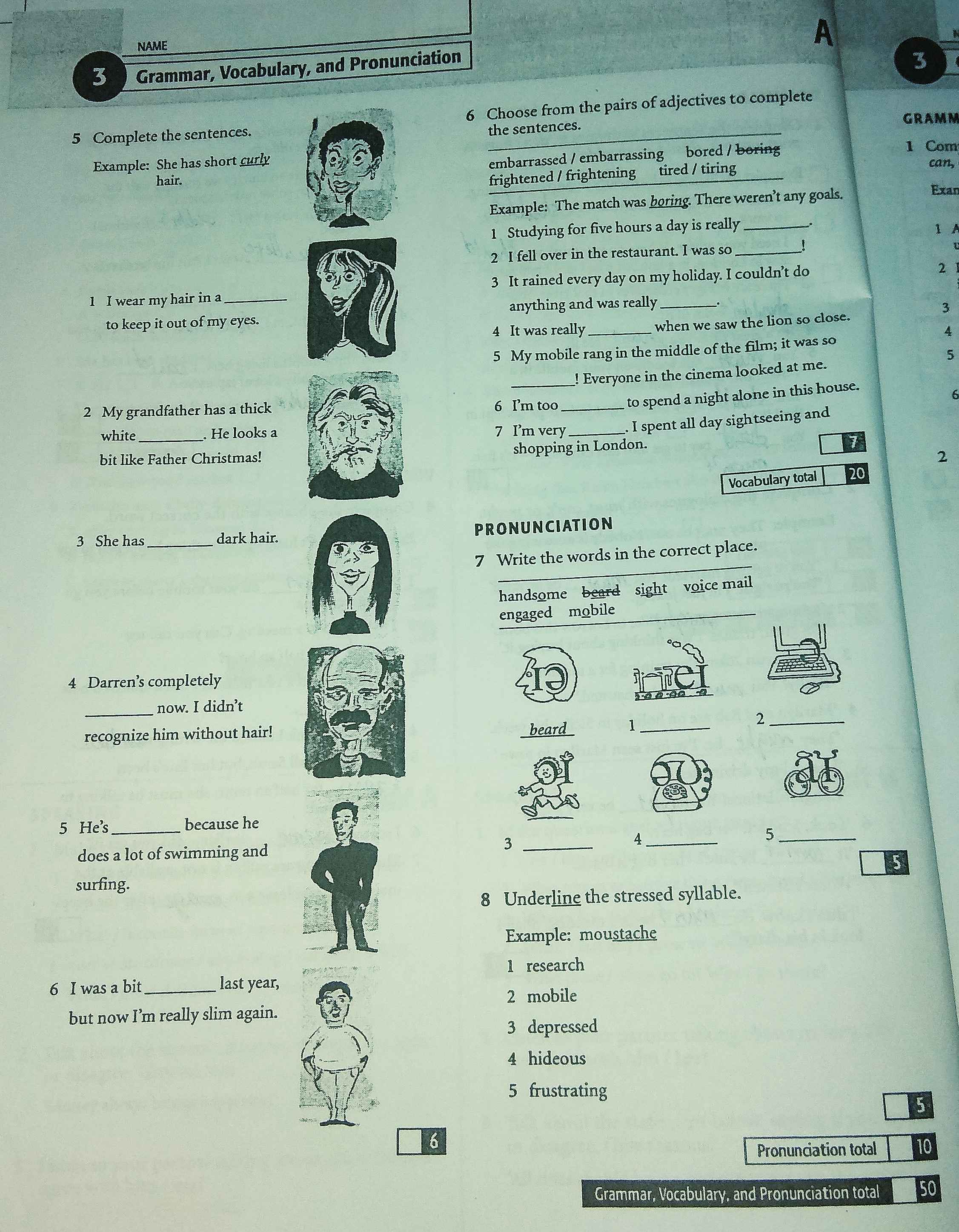
Hãy nhập câu hỏi của bạn vào đây, nếu là tài khoản VIP, bạn sẽ được ưu tiên trả lời.




1. "Don't play with these matches!"
→ My father warned me .not to play with those matches..
2. "I'm leaving here tomorrow."
→He said that ...he was leaving there the day after
3. "Perhaps we can go to Paris for the weekend."
→ He suggested going to Paris for the weekend
4. "My sister got married last year."
→ He told me that ....his sister had got married the year before
5. "What are you doing tomorrow?"
→ My friend ask me. what I was doing the day after
6. "Have you ever worker in London before?"
→ My boss wanted to know...if I had ever worked in London before
7. "We went out last night.“
→ My brothers said that ...they had gone out the night before
8. "I was waiting for the bus when he arrived."
→ He said to me that ...he was waiting for the bus when he had arrived
9. "Don't make a mess!"
→ My mother requested us not to make a mess
10. "You should stay in bed if you feel unwell."
→ The nurse advised me to stay in bed if I felt unwell

1. Cách dùng:
Diễn tả một hành động, sự việc đã xảy ra và kết thúc tại một thời điểm xác định trong quá khứ.
Ex: My parents went to Ho Chi Minh city last night.
The boys came to see me yesterday.
Diễn tả hành động, sự việc xảy ra suốt một khoảng thời gian trong quá khứ bây giờ chấm dứt.
Ex: He served in the Army from 1978 to 1988.
Her father worked in a factory for 10 years.
Diễn tả hành động có tính thói quen trong quá khứ, bây giờ không còn nữa.
Ex: When I was young, I went to the cinema every week.
Each week we trekked to the big house.
Diễn tả một loạt các hành động nối tiếp nhau trong quá khứ
Ex: He walked into the room and turned on the light.
I got up, switched off the radio and sat down again.
2. Dấu hiệu nhận biết thì quá khứ đơnThường có các trạng từ chỉ thời gian đi liền với thì:
- yesterday, yesterday morning/ afternoon/ evening
- last night/ week/ month/ year
- last + thứ trong tuần: Monday, Tuesday ... ; last Monday ....
- last + mùa trong năm: summer, fall ... ; last summer ...
- in + năm đã qua: 1988, 2008 .....; in 2008 ...
- khoảng thời gian + ago (a week ago, two days ago ...)
- the other day (ngày nọ)
3. Phân loại:
Thì quá khứ đơn được chia làm ba thể:
a. Affirmative form (Thể khẳng định)
* Đối với động từ To be: S + WERE/ WAS ...
Nếu chủ ngữ là: I/ he/ she/ it và danh từ số ít: was
Nếu chủ ngữ là: we/ they/ you và danh từ số nhiều: were
Ex: I was at home last night.
My parents were at school yesterday.
* Đối với những động từ thường có quy tắc, thường thêm ed
Ex: clean → cleaned
Nếu động từ tận cùng là e, ta chỉ thêm d mà thôi.
Ex: live → lived
Nếu động từ tận cùng là một phụ âm + y, đổi y thành i + ed
Ex: study → studied
Nếu động từ có một âm tiết mà tận cùng là một nguyên âm + phụ âm (ngoại trừ phụ âm w, y) ta gấp đôi phụ âm rồi thêm ed
Ex: stop → stopped
* Đối với những động từ bất quy tắc: học thuộc lòng theo bảng động từ bất quy tắc và sử dụng đúng hình thức quá khứ của nó ở cột hai.
Ex: My father bought a new car yesterday.
b. Negative form (Thể phủ định)
* Đối với động từ To be: S + WERE/ WAS + NOT ...
Ex: She was not at home yesterday.
* Đối với tất cả động từ thường và động từ bất quy tắc, ta dùng: S + DID NOT + V(inf) ...
Ex: I did not see her in school yesterday afternoon.
c. Interrogative form (Thể nghi vấn)
* Đối với động từ To be: WAS/ WERE + S ....?
Ex: Were you at club last night?
Với câu hỏi có từ để hỏi: Where, When, Why, ....
WHERE/ WHEN/ WHY + WAS/ WERE + S ....?
Ex: When were you there?
* Đối với động từ thường: DID + S + V(infinitive)....?
Ex: Did you go to the cinema last night?
Với câu hỏi có từ để hỏi:
WHEN/ WHERE/ WHY + DID + S + V(inf) ...?
Ex: Where did you go last night?
Cách phát âm đuôi ed.Những động từ có quy tắc tận cùng là âm /t/ và /d/, khi thêm đuôi ed ta đọc là /id/
need /ni:d/ --> needed /ni:did/
Những động từ có quy tắc tận cùng là âm /k/, /p/, /f/, /s/, ch, sh khi thêm đuôi ed, ta đọc là /t/
laugh /la:f/ --> laughed /la:ft/
Những động từ có quy tắc kết thúc là những âm còn lại, khi thêm đuôi ed, ta đọc là /d/
played /plei/--> played /pleid/
II. The simple past tense in wish - clause (Thì quá khứ đơn trong mệnh đề Wish)Câu mong ước được dùng khi người nói mong ước điều trái ngược với thực tế
1. Mong ước ở hiện tại (mong thay đổi việc gì ở hiện tại):
S(1) + WISH/ WISHES + S(2) + V (past simple) ....
Lưu ý: Động từ tobe chỉ dùng dạng were
Ex: I don't have enough time to finish my exam.
--> I wish I had enough time to finish my exam.
2. Mong ước trong tương lai (mong điều gì sẽ xảy ra hoặc muốn ai đó làm việc gì trong tương lai):
S(1) + WISH/ WISHES + S(2) + WOULD/ COULD + V ....
Ex: She will not tell me.
--> I wish she would tell me.
3. Mong ước trong quá khứ (thể hiện sự hối tiếc điều gì đã xảy ra trong quá khứ):
S(1) + WISH/ WISHES + S(2) + HAD + P2 ...
Ex: I wish I hadn't eaten so much ice cream. (= but I ate so much ice cream)

exs1
1 don't have to
3 mustn't
7 don't have to
exs2
3 might
4 can't
7 might be
còn nữa ...


khôn như em:))
kt 15' là GV tự nghĩ ra đề mà